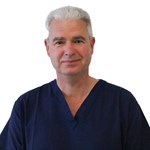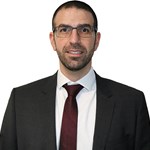Contact us about an ENT examination under anaesthetic
It's easy to find out more about treatment by giving us a call or completing our enquiry form.
This procedure is the examination of the ear, nose, or throat (ENT) and/or taking of biopsy, under anaesthetic (EUA).

Consultant ENT Surgeon
Mr Balfour's specialties include thyroid surgery, head and neck surgery and rhinology.

Consultant ENT Surgeon
Mr Dhar is a specialist ENT Consultant at Benenden Hospital

Consultant ENT Surgeon
Mr Fu is a qualified Rhinologist with a special interest in nasal and sinus conditions. His specialities include otolaryngology and rhinology.

Consultant ENT Surgeon
Mr Hickson's clinical interests include balance, middle ear disease, tumours of the throat, and surgical methods.

Consultant ENT Surgeon
Mr Robert Hone is a ENT Consultant at Benenden Hospital

Consultant ENT Surgeon
Mr Sharp's specialties include rhinology and non-cosmetic nasal plastic surgery.

Consultant ENT/Head and Neck Surgeon
Mr Theokli is an Ear, Nose and Throat Specialist with over 10 years of experience working in this field.

Consultant ENT Surgeon
Mr Wasson's specialties include otology, rhinology, general ENT, balance and hearing implant surgery.
It's easy to find out more about treatment by giving us a call or completing our enquiry form.